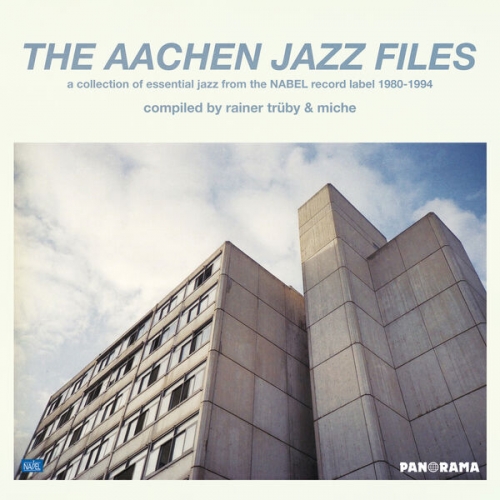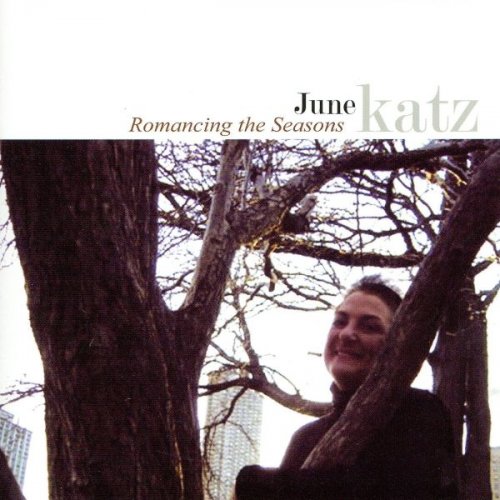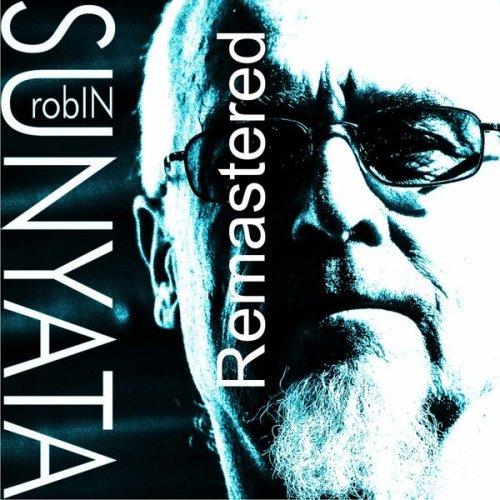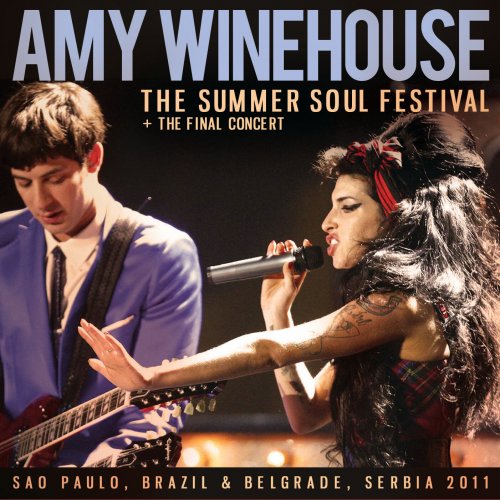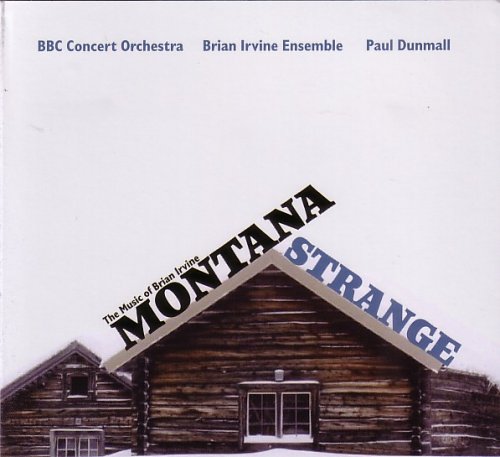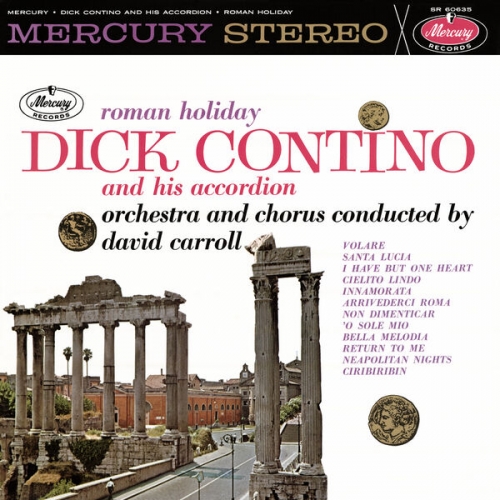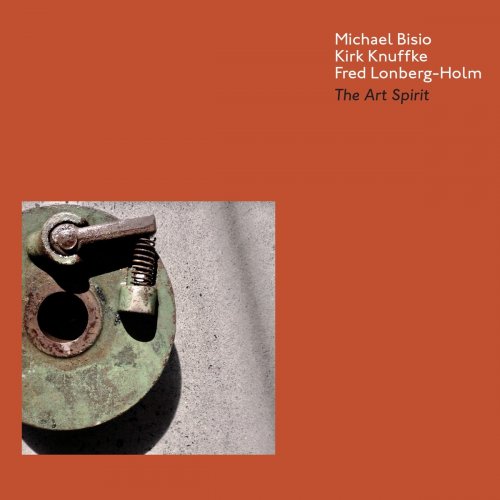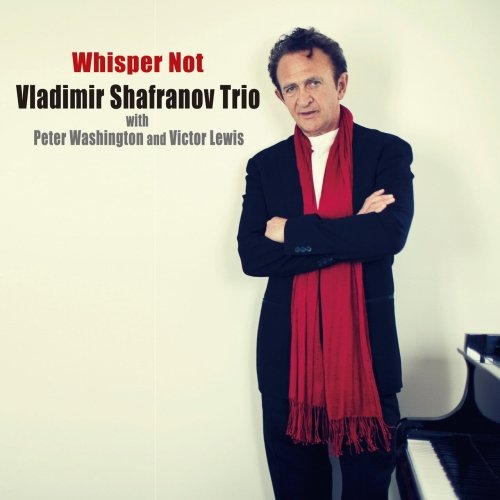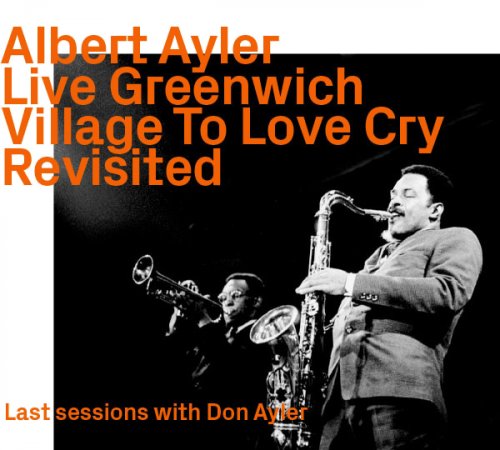András Schiff - J.S.Bach - Complete Keyboard Concertos (2010)
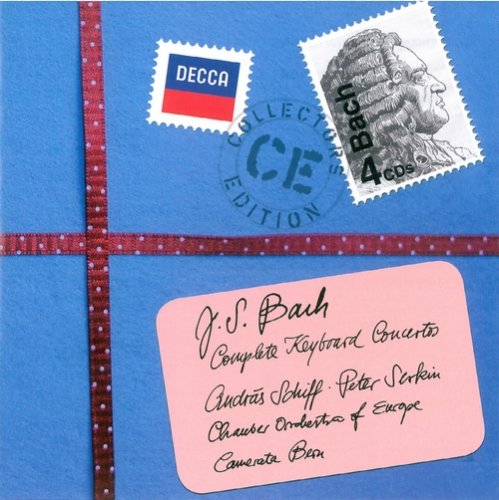
Artist: András Schiff
Title: J.S.Bach - Complete Keyboard Concertos
Year Of Release: 2010
Label: Decca
Genre: Classical
Quality: FLAC (image+.cue,log,scans)
Total Time: 03:49:08
Total Size: 1 Gb
WebSite: Album Preview
Tracklist: Title: J.S.Bach - Complete Keyboard Concertos
Year Of Release: 2010
Label: Decca
Genre: Classical
Quality: FLAC (image+.cue,log,scans)
Total Time: 03:49:08
Total Size: 1 Gb
WebSite: Album Preview
CD 1: Solo Concertos BWV 1052-1054 (58'02")
Concerto in D minor, BWV 1052
1. I. Allegro
2. II. Adagio
3. III. Allegro
Concerto in E major, BWV 1053
4. I. [Allegro]
5. II. Siciliano
6. III. Allegro
Concerto in D major, BWV 1054
7. I. [Allegro]
8. II. Adagio e piano sempre
9. III. Allegro
Chamber Orchestra of Europe
CD 2: Solo Concertos BWV 1055-1058 (52'48")
Concerto in A major, BWV 1055
01. I. Allegro
02. II. Larghetto
03. III. Allegro ma non tanto
Concerto in F minor, BWV 1056
04. I. [Allegro]
05. II. Largo
06. III. Presto
Concerto in F major, BWV 1057
07. I. [Allegro]
08. II. Andante
09. III. Allegro assai
Concerto in G minor, BWV 1058
10. I. [Allegro]
11. II. Andante
12. III. Allegro assai
Thierry Fischer & Catherine Touraire-Stutz, flutes (BWV 1057)
Chamber Orchestra of Europe
CD 3: Italian Concerto, BWV 971 & Double Concertos BWV 1060-1062 (1:02'23")
Italian Concerto in F major, BWV 971
01. I. [Allegro]
02. II. Andante
03. III. Presto
Concerto in C minor, BWV 1060
04. I. Allegro
05. II. Adagio
06. III. Allegro
Concerto in C major, BWV 1061
07. I. [Allegro]
08. II. Adagio ovvero Largo
09. III. Fuga
Concerto in C minor, BWV 1062
10. I. [Allegro]
11. II. Andante
12. III. Allegro assai
Peter Serkin, piano (BWV 1060-1062)
Camerata Bern (BWV 1060-1062)
CD 4: Triple Concertos BWV 1044, 1063 & 1064 (55'53")
Concerto in A minor, BWV 1044
1. I. Allegro
2. II. Adagio ma non tanto e dolce
3. III. Alla breve
Concerto in D minor, BWV 1063
4. I. [Allegro]
5. II. Alla siciliana
6. III. Allegro
Concerto in C major, BWV 1064
7. I. Allegro
8. II. Adagio
9. III. Allegro
Peter Serkin, piano (BWV 1063 & 1064)
Bruno Canino, piano (BWV 1063 & 1064)
Aurele Nicolet, flute (BWV 1044)
Yuuko Shiokawa, violin (BWV 1044)
Camerata Bern
This is a very fine collection of performances of (most of) Bach's keyboard concertos. Andras Schiff has a well-earned reputation for being one of the greatest interpreters of Bach on the piano, and these performances are, for the most part, well-up to that reputation.
As a rule, I prefer historically-informed performances of Bach's orchestral and concertante ouevre, though I generally lean more toward the modern piano for his solo keyboard music. Schiff, Glenn Gould, Sviatoslav Richter, and others have made a strong case for that. As a music historian, I am fairly certain that the master would have composed for the piano had the opportunity presented itself -- indeed, he had invested in an early fortepiano design near the end of his life. My favourite recordings of the harpsichord concertos is Trevor Pinnock's with the English Concert (also available as a boxed set).
Having said that, there is a lot to like about these performances. Schiff's deft touch and incomparable phrasing make the solo concertos an absolute delight. He COULD have played them like 19th-century piano concertos -- all passion and strong left hand, with the pedal down for every run of eighth notes -- or he COULD have played them like Gould, as if the piano was just a harpsichord with hammers. But he does neither.Rather, he finds a comfortable middle ground, exploiting the dynamics of his instrument to bring out the subtle voicing in the solo parts. His slow movement in BWV 1056, for example, is just brilliant.
The double and triple concertos, however, are much less successful. The musicianship of Schiff, Peter Serkin, and Bruno Canino is outstanding, and they approach their parts in a way that brings out their own personalities, and the personalities of the parts. But while a single piano sits comfortably in Bach's orchestrations, two, and three often overpower the forces of the chamber orchestra. I enjoyed the flutes in BWV 1057, but the voicing of a modern, silver transverse flute loses much of the subtlety of the original recorders (compare with Philip Pickett and Rachel Beckett in Pinnock's version).
Finally, the strings sound a little overly-lush and highly-polished for my taste. I'm reasonably certain that this is because I tend to listen to HIP performances of Bach, and modern stringed instruments tend to smooth-out much of the abrasive, cutting charm of period instruments. On the other hand, I do recognize that a performance of these concertos with period strings and modern pianos would bee ridiculously unbalanced. The orchestra is fine -- quite good, in fact -- but lacks the kind of subtlety that makes Bach's strings transcendent rather than merely delightful.
... But delightful is good. This would not be my first choice for the keyboard concertos, but it is certainly a worthy supplement to Pinnock's andGustav Leonhardt's performances.
As a rule, I prefer historically-informed performances of Bach's orchestral and concertante ouevre, though I generally lean more toward the modern piano for his solo keyboard music. Schiff, Glenn Gould, Sviatoslav Richter, and others have made a strong case for that. As a music historian, I am fairly certain that the master would have composed for the piano had the opportunity presented itself -- indeed, he had invested in an early fortepiano design near the end of his life. My favourite recordings of the harpsichord concertos is Trevor Pinnock's with the English Concert (also available as a boxed set).
Having said that, there is a lot to like about these performances. Schiff's deft touch and incomparable phrasing make the solo concertos an absolute delight. He COULD have played them like 19th-century piano concertos -- all passion and strong left hand, with the pedal down for every run of eighth notes -- or he COULD have played them like Gould, as if the piano was just a harpsichord with hammers. But he does neither.Rather, he finds a comfortable middle ground, exploiting the dynamics of his instrument to bring out the subtle voicing in the solo parts. His slow movement in BWV 1056, for example, is just brilliant.
The double and triple concertos, however, are much less successful. The musicianship of Schiff, Peter Serkin, and Bruno Canino is outstanding, and they approach their parts in a way that brings out their own personalities, and the personalities of the parts. But while a single piano sits comfortably in Bach's orchestrations, two, and three often overpower the forces of the chamber orchestra. I enjoyed the flutes in BWV 1057, but the voicing of a modern, silver transverse flute loses much of the subtlety of the original recorders (compare with Philip Pickett and Rachel Beckett in Pinnock's version).
Finally, the strings sound a little overly-lush and highly-polished for my taste. I'm reasonably certain that this is because I tend to listen to HIP performances of Bach, and modern stringed instruments tend to smooth-out much of the abrasive, cutting charm of period instruments. On the other hand, I do recognize that a performance of these concertos with period strings and modern pianos would bee ridiculously unbalanced. The orchestra is fine -- quite good, in fact -- but lacks the kind of subtlety that makes Bach's strings transcendent rather than merely delightful.
... But delightful is good. This would not be my first choice for the keyboard concertos, but it is certainly a worthy supplement to Pinnock's andGustav Leonhardt's performances.
